HK returned to political discourse with his grand magnum opus ‘Diplomacy’. This was not just a ‘must read’ by a scholar and brilliant author; it changed my perspective of both world politics and HK. I am sure I am not alone in this! This work is a tour de pleasure for all-politicians, diplomats, scholars, researchers, and anyone curious about how world history has shaped itself. It is massive, yet readable balancing national interest with international trends through century after century.
Does Time make the King? Or Does the King make Time? Asks an ancient Samskrit subhashitam. The verb ‘to make’ in this translation invites multiple interpretations: create, shape, monitor, lead-to list a few. The two questions have haunted me since December 1 when Dr Henry Kissinger (HK) passed away at the grand age of 100 plus. Since the above quote belongs to the era of monarchy by divine right it talks of king as the decisive agent of history; in modern history the same could be asked of the advisor/s of a powerful ruler. HK was surely one who had the ear of one of the most powerful and unscrupulous rulers of the last quarter of the 20th century- Richard Nixon.
HK was a dirty word for me because I had just crossed 20 when he was brought to the White House by Nixon as the Secretary of State (Minister for External Affairs for Indians) from the central hub of American academia-Harvard. Eyebrows were raised, questions asked, doubt voiced. There was a tacit belief that intellectuals and politicians would invite only trouble if they became bed-fellows! Both were conditioned to keep the distance from one another. Yet the patently uncharismatic pair of Nixon-HK lasted not only for Nixon’s first term but HK continued in the same capacity under Gerald Ford who found himself at the top after the ignominious exit of Nixon. Whether this shows the professional astuteness of HK-the office the President has empowered you with is more important than the President himself- or just the helpless modesty of Ford is for analysts to decide.
Let me recall my perception of HK throughout the 1070’s when his ideas, agenda, initiatives and overtures dominated world politics. HK had changed world politics dramatically when he opened the doors on China to non-plus the Soviet Union and sent the message that the US had learnt a bitter lesson in Vietnam: the ping-pong/shuttle diplomacy as it came to be called. (The more enthusiastic will remember the episodes in Forest Gump when Tom Hanks shows his bottom to the President and is practicing table-tennis to play like a machine. Irony right at HK’s door but much later.). This changed at least for that time to the bi-polar world into tripolar: China has been a thorn in the flesh of both the blocs since Nixon’s trip. The way India was placed in world politics USSR was our friend number one; Pakistan enemy number one, China enemy number two and the US at number three since it was helping Pakistan openly and now warming up to China. Steeped in patriotism, a young Indian like me had to hate HK-it was an expression of my supreme belief in India’s national interest.
Serving US national interest (which means serving three interests: of the nation, of the of your boss and your own!) for a decade during which HK earned more disrepute in the non-capitalist bloc-for happenings in South Asia (Pak genocide in East Pakistan and the creation of BanglaDesh), his stead fast support to Sadat and for his general brashness in foreign policy, for his Machiavellian belief in ‘the end justifies the means’. In fact in those says, in international politics where there was fume, the hand of US was seen as a habit and the hand of US meant that HK was playing another hand! He did join the long list of ‘have been’s but not like the mundane relegation to backstage of some foreign policy advisors before him. HK returned to political discourse with his grand magnum opus ‘Diplomacy’. This was not just a ‘must read’ by a scholar and brilliant author; it changed my perspective of both world politics and HK. I am sure I am not alone in this!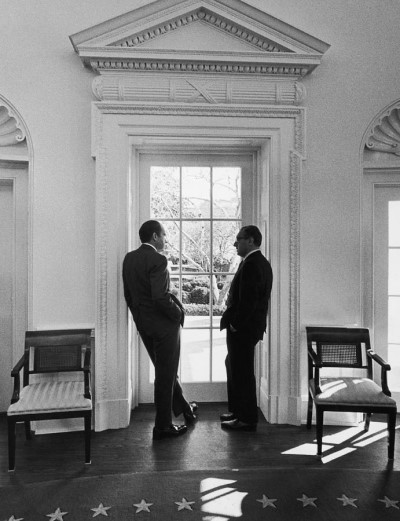
Nixon And Kissinger (Photograph by Frederic Lewis : January 22nd, 2019)
This work is a tour de pleasure for all-politicians, diplomats, scholars, researchers, and anyone curious about how world history has shaped itself. It is massive, yet readable balancing national interest with international trends through century after century. It also deliberates with great perseverance how key concepts such as war-preparedness, balance of power, befriending enemy of your enemy, defence alliances, ruthless cloak and dagger modus operandi, balance of friendship and national freedom, détente, entente and neutrality, hegemony and sphere of influence et al have been evolving in the course of recorded history. Admittedly this is the statement of a proud US academic and politician and as such is not entirely impartial. Yet its achievement is beyond doubt because it does not oversimplify world matters but enlightens the readers to fathom their intricate, complex depth.
In a way, this tome appeared at the wrong time. HK’s bi-polar world had collapsed but not due to any of his initiatives. Soviet Union-call it what you may: the evil empire surrounded by a steel curtain for one popular abuse- had been liquidated peacefully without a shot being fired not by the Cold War or US befriending China nor by fundamentalists and terrorists: Iran and Afghanistan for instance. It was dissolved by Mikhail Gorbachev through openness and an earnest appeal for reconstruction. Nixon had been mighty and HK mightier: Gorby appeared to be humble but was fearlessly creative. In spite of this, putting one’s foot in one’s mouth politically, HK’s Diplomacy remains a masterpiece: such is the power of wisdom. It can be argued that HK’s wisdom had come at other’s cost. The fact is this kind of wisdom generally escapes those who pay for it and also those who made them pay for it!
The obituaries on HK show three trends: denounce him for the US misadventures and misdeeds of the 1970’s; try to go soft by laying greater blame at Nixon’s doors and thirdly, appreciate the vision, scholarship and stamina of a genuine academic turned politician. This is not surprising: this is how he was treated in the Us after he moved away from the top. He was called a mass murderer; demands were made for his public trial; even a film was made in accordance with the demand: The Trials of Henry Kissinger. Well documented books were produced on his misdeeds. While this was on for about the last 40 years there were some who understood that HK was furthering the above mentioned three interests in a given situation. The Cold War was still hot; the world was bi-polar; dissolution of the USSR was not even a political fantasy; the need to look at the planet in the Eco way-ecologically and economically- was still beyond the priorities of world leaders and political theorists. In short HK had to create his Time while operating in the Time which awaited him.
Read Also : Mikhail Gorbachev: Man of Steel with Hands of Silk - Vinay Hardikar
HK knew he was not and would never be a popular US politician like JFK at one end and Nixon at the other. This is the sorry predicament of all intellectuals: they can enter politics and venture to try out their studied agenda only if a popular politician chooses them. It is almost impossible that the HKs will get to choose which popular face to go with and employ that to amplify and implement their ideas. Nixon had chosen HK; not the other way round. It was a coincidence: rare but coincidence all the same! So, there is no point in getting judgmental here and waste breath on who was more to blame. (We have seen under Dr. Manmohan Singh what happens when an excellent academic is placed at the helm for the convenience of a not so popular politician like Sonia Gandhi. Singh lost to Modi not just because of his personal shortcomings. He had to own the misdeeds of the team that was ‘given’ to him). If the ‘politicised for convenience’ academic fails, the blame is generally his: the politician escapes scot-free. HK detractors should not look the other way on this.
In retrospect HK will be seen as a daring academic who grabbed his chance unfalteringly. He shunned all dithering, second thoughts, and abandoned the ‘let us have another look at this’ type procrastination which academics regularly employ because they want to play it safe. They want only the credit and not the blame. They remain safe while the world keeps sliding down and down. One glance at the US presidents and their advisors after Obama should be enough proof of the degeneration of the White House.
HK inherited a Time, he served his time of almost a decade and tried to create a future Time by throwing himself boldly into the business: without having a thought for how he would be judged.
I fondly hope that the world will have more academics like HK and that they will be spotted by more civilized leaders than Nixon!
- Vinay Hardikar
vinay.freedom@gmail.com
(The writer has been working in the public sphere of Maharashtra for the last five decades. His versatile personality has several dimensions, but the primary ones remain to be that of an established writer, journalist, editor, critic, activist, and teacher.)
The Trials Of Henry Kissinger (2002)
Tags: Henry Kissinger Sadhana Digital Nobel Prize Obituary Nixen International Politics Diplomacy Current Affairs America Load More Tags

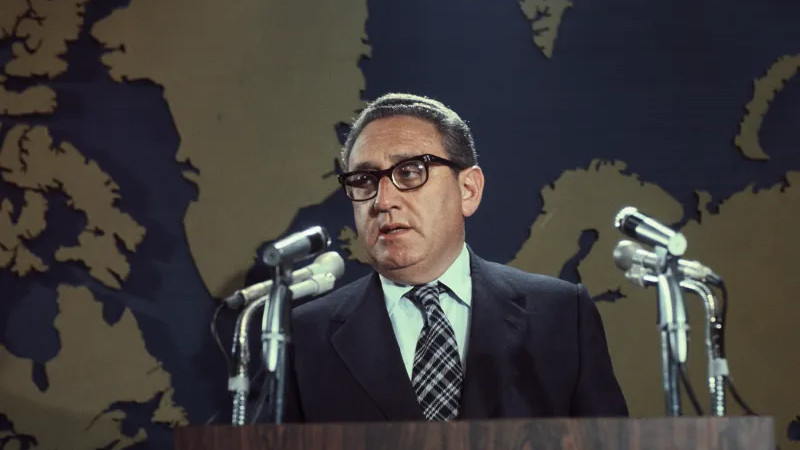

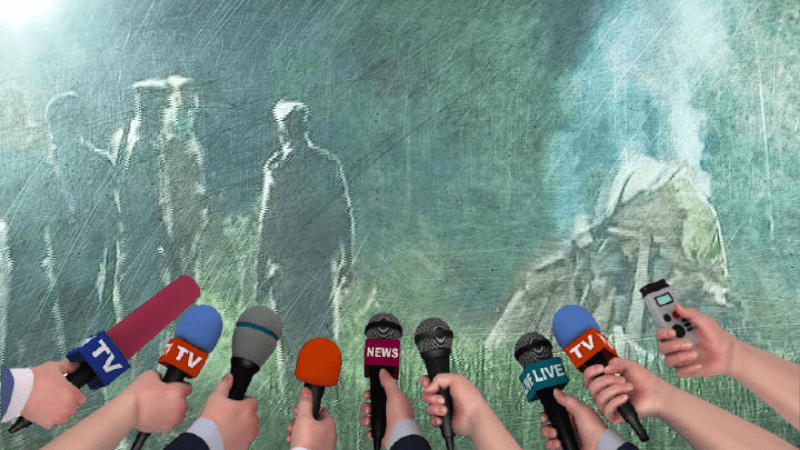
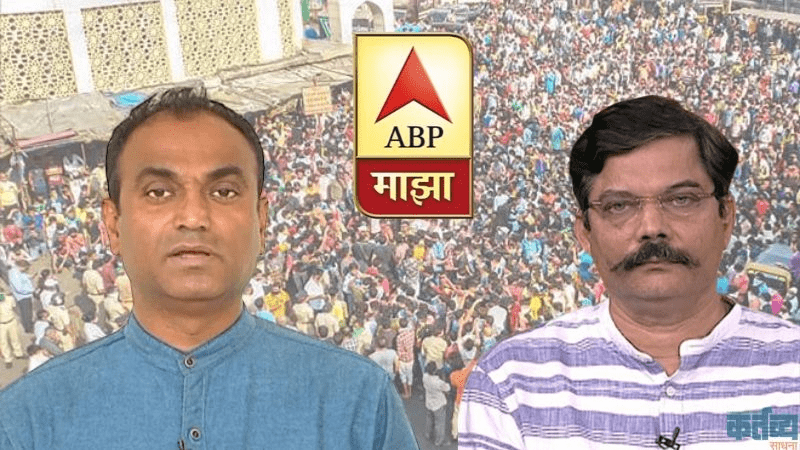
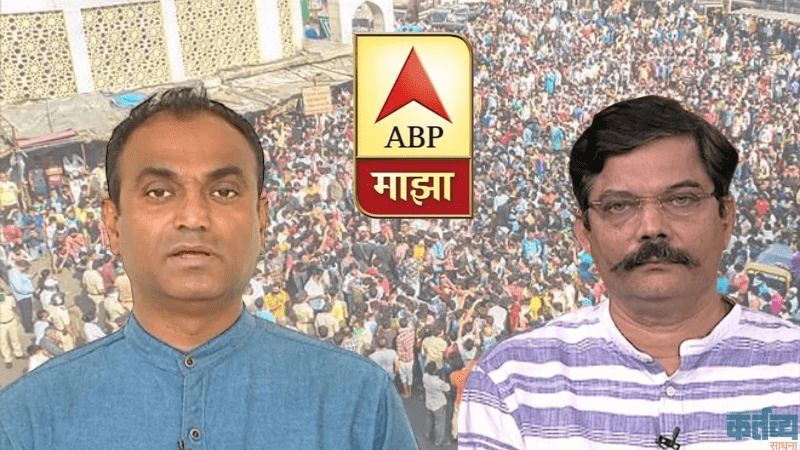
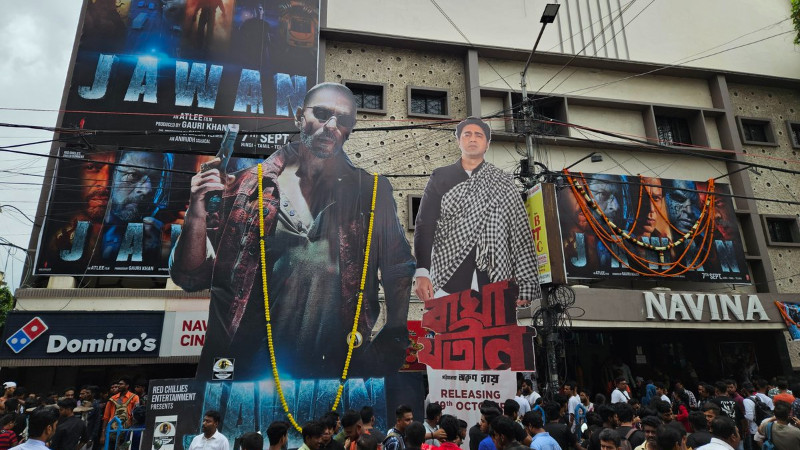
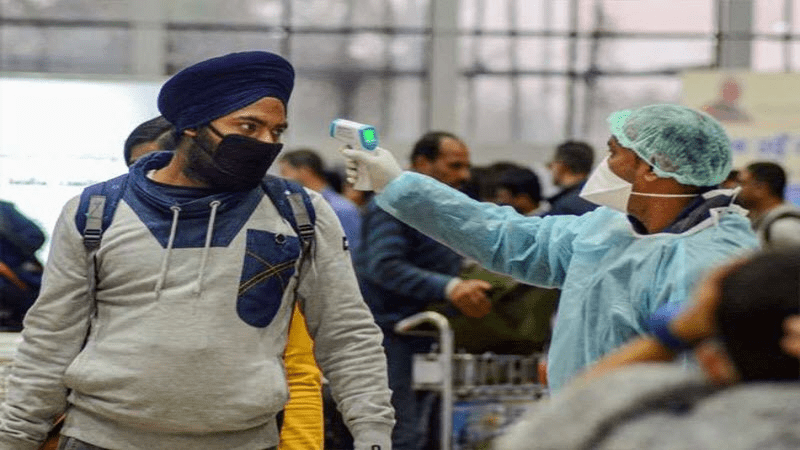
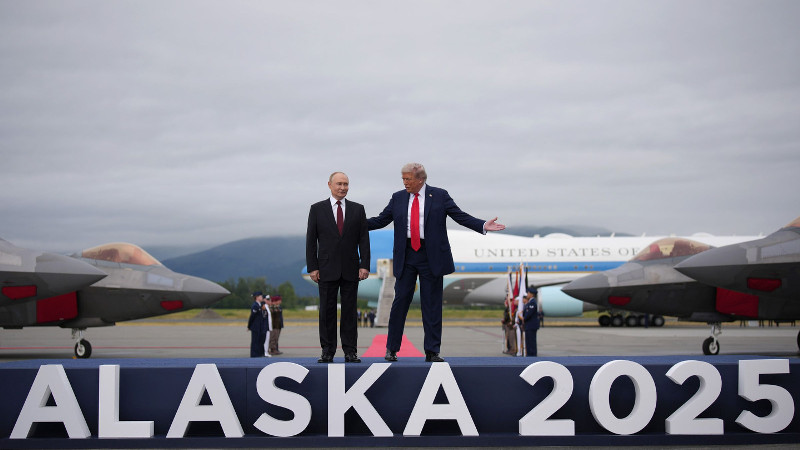

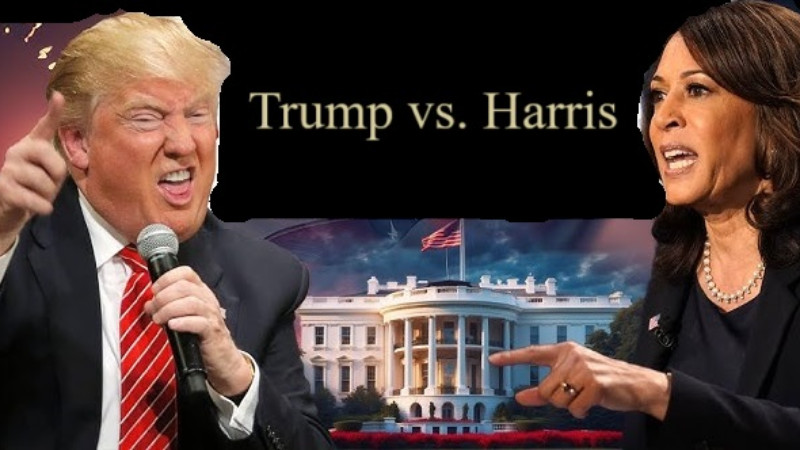
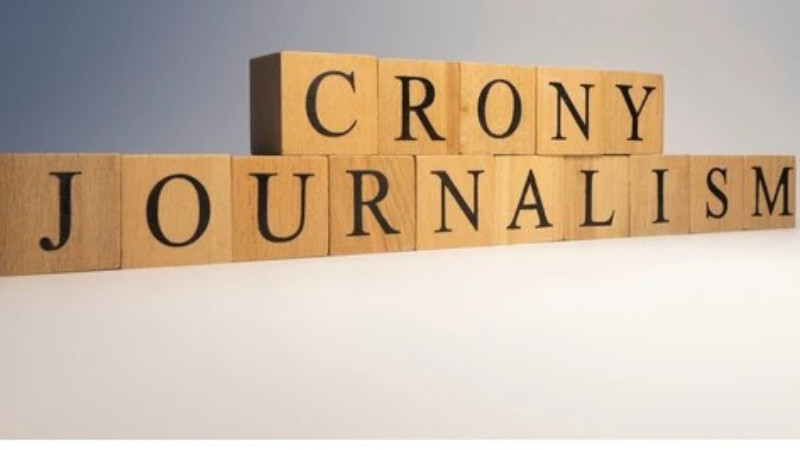
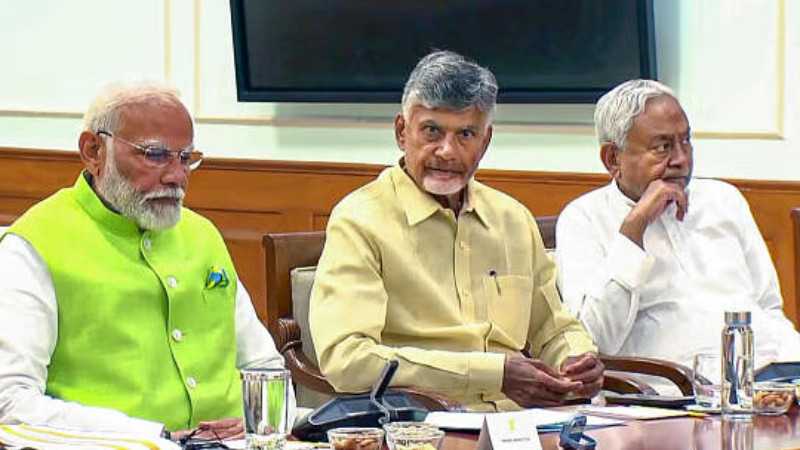
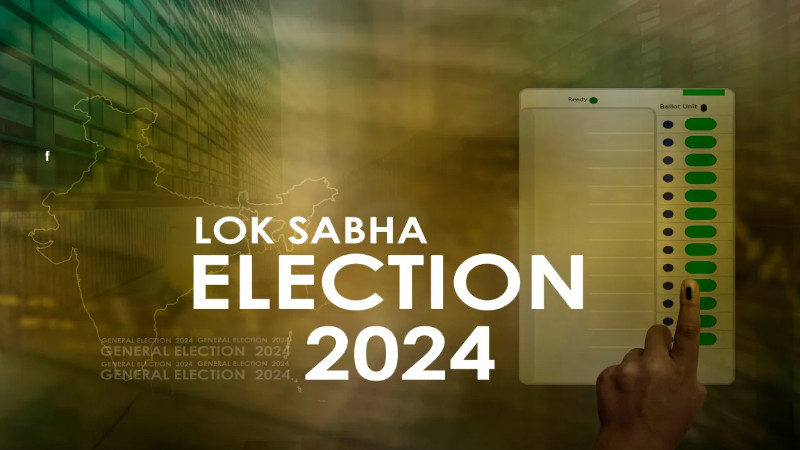
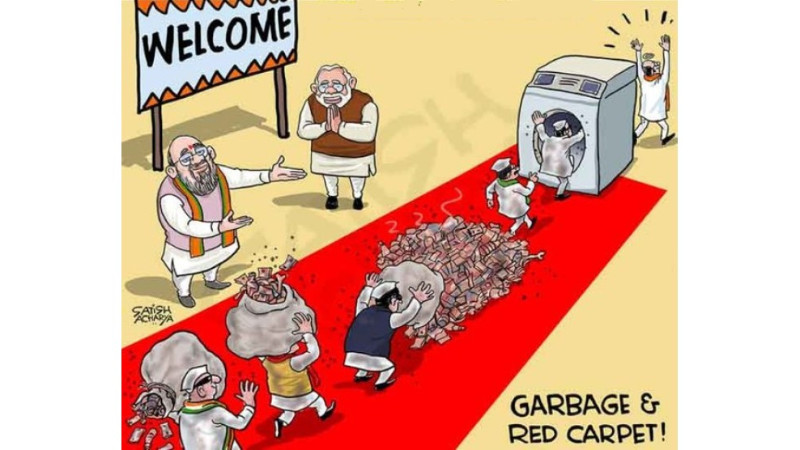
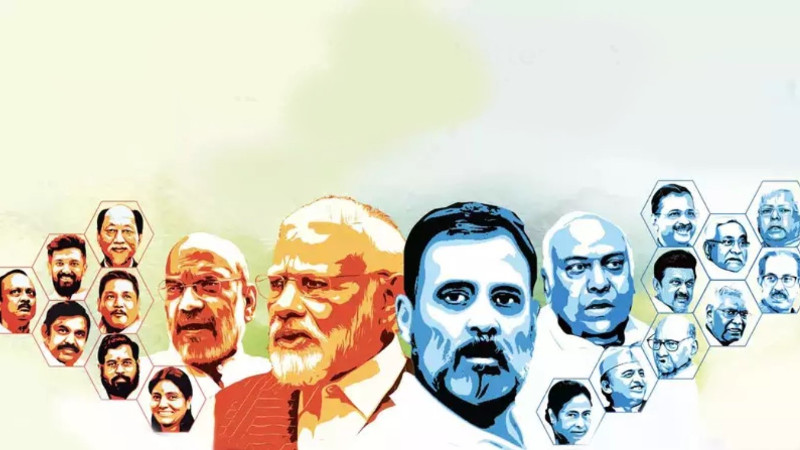
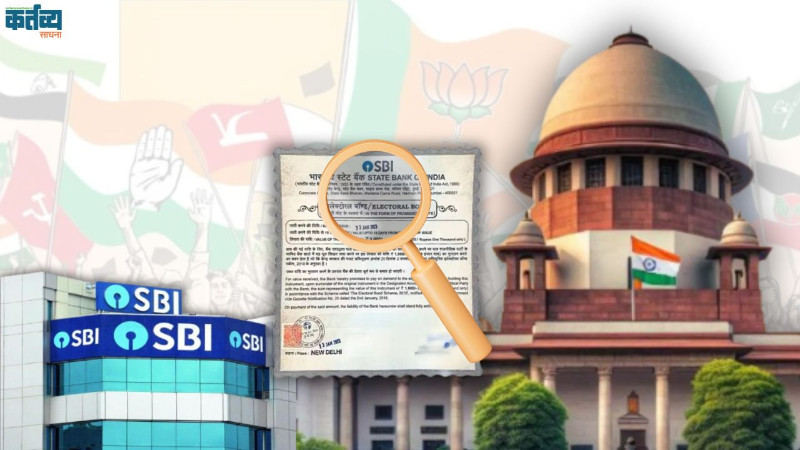
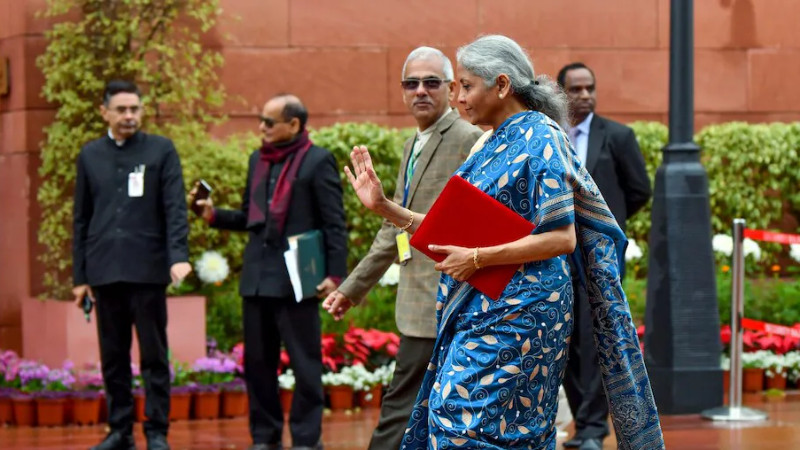
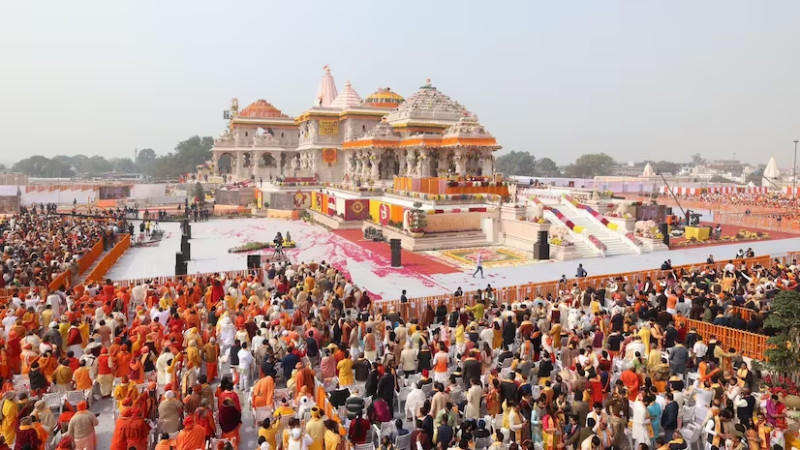
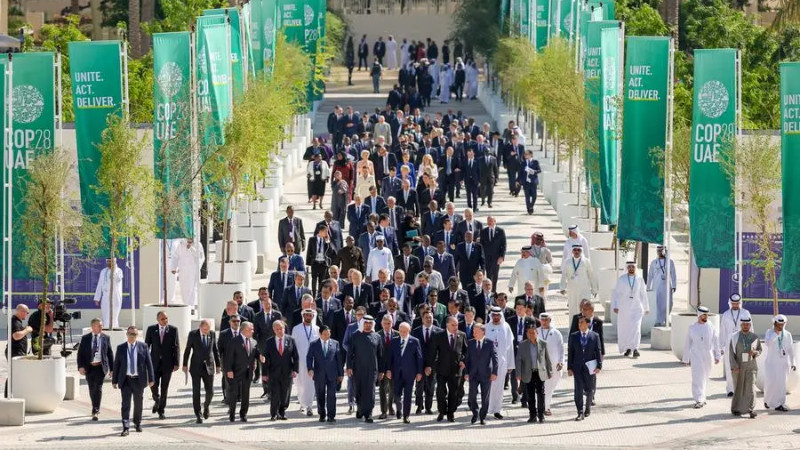
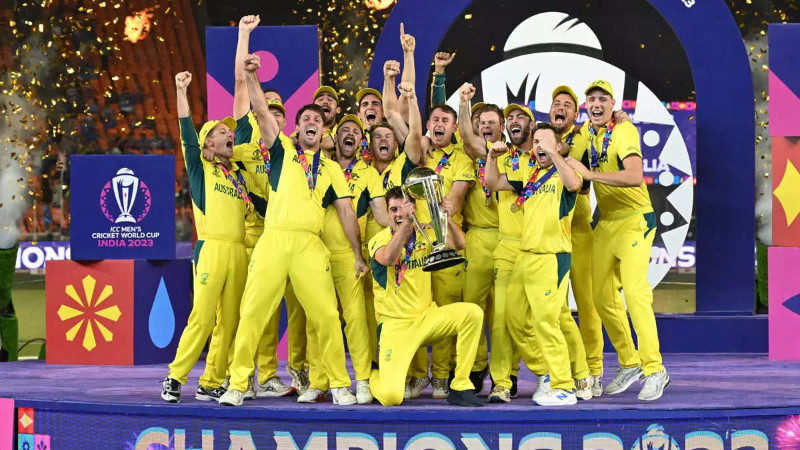
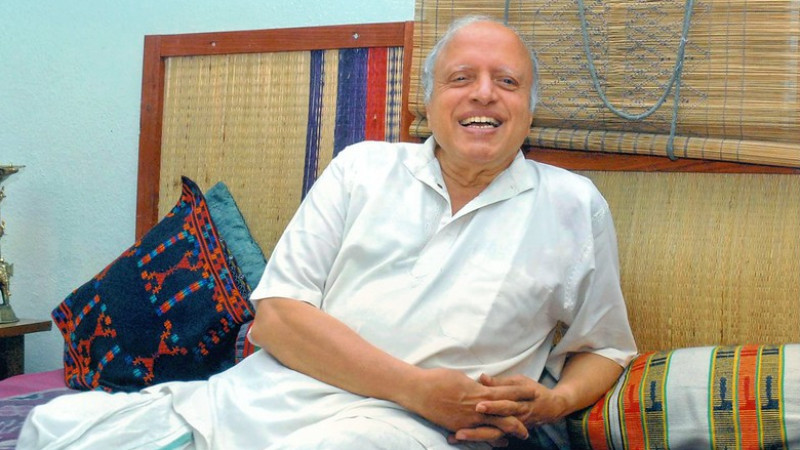
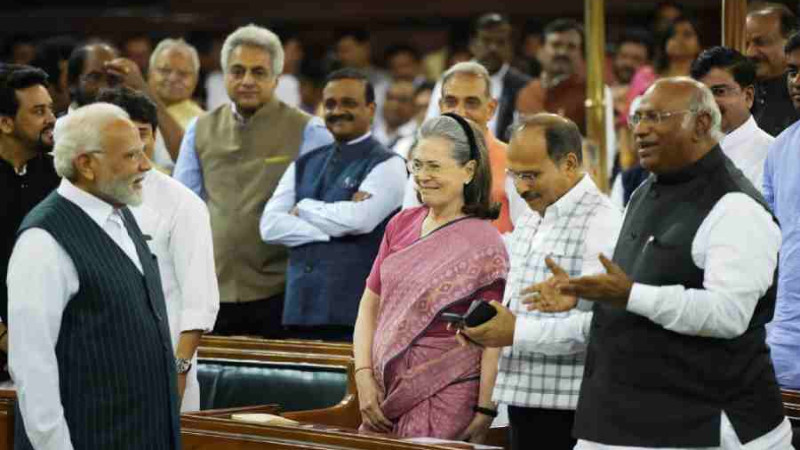
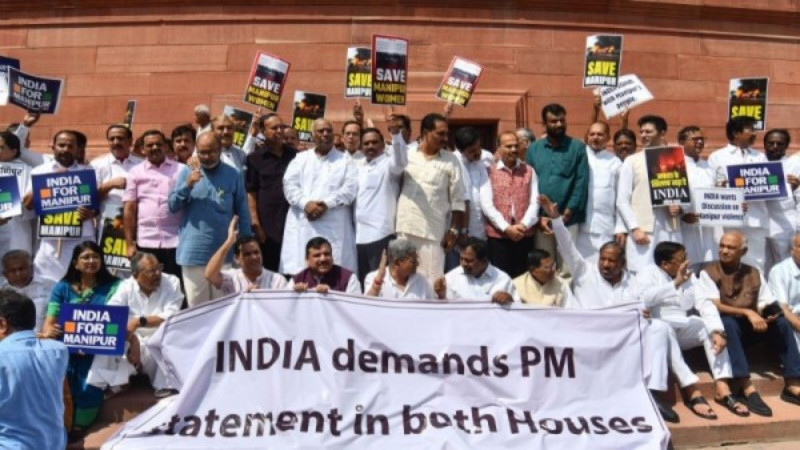
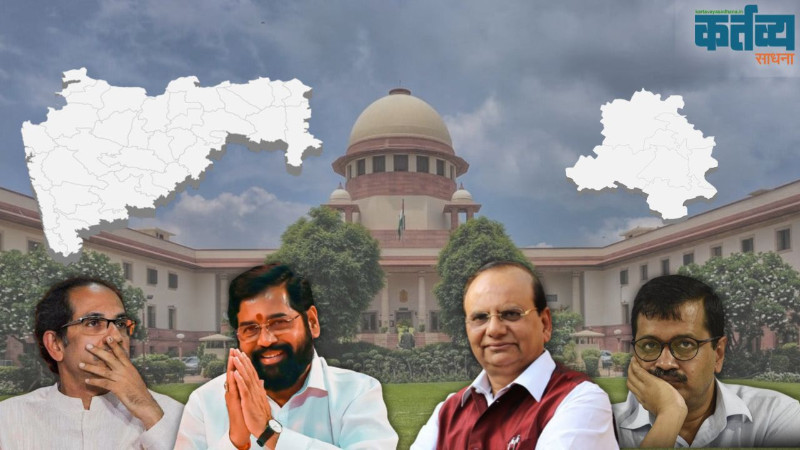
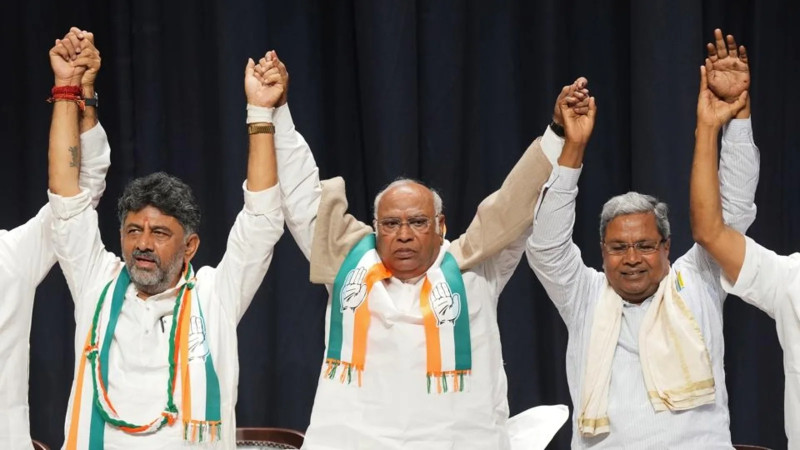
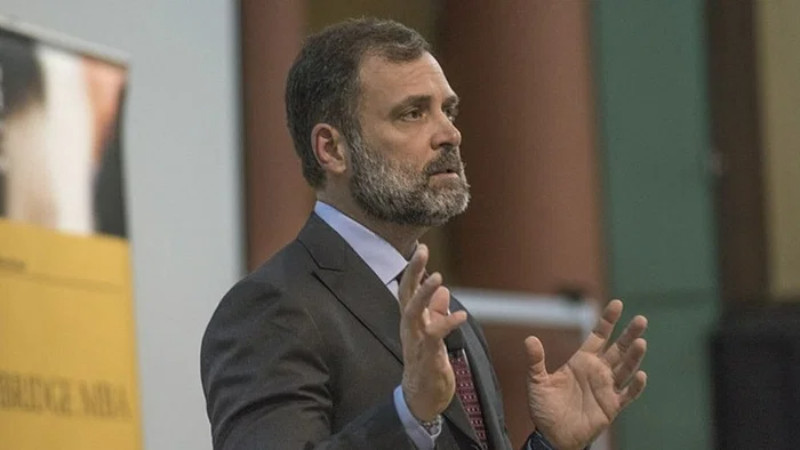
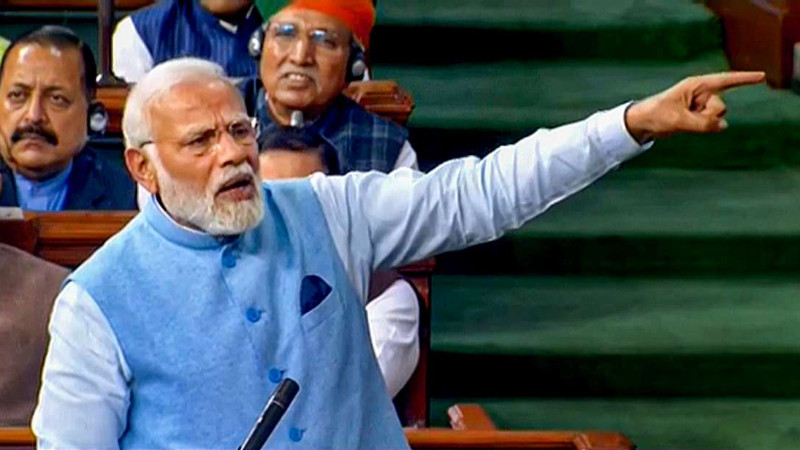
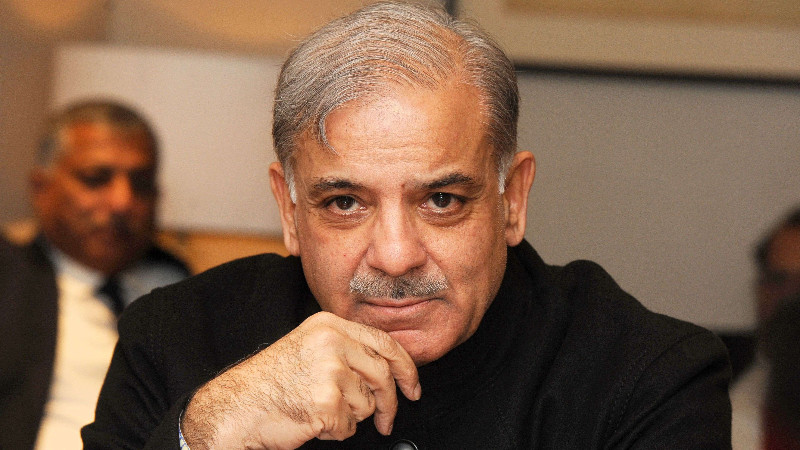
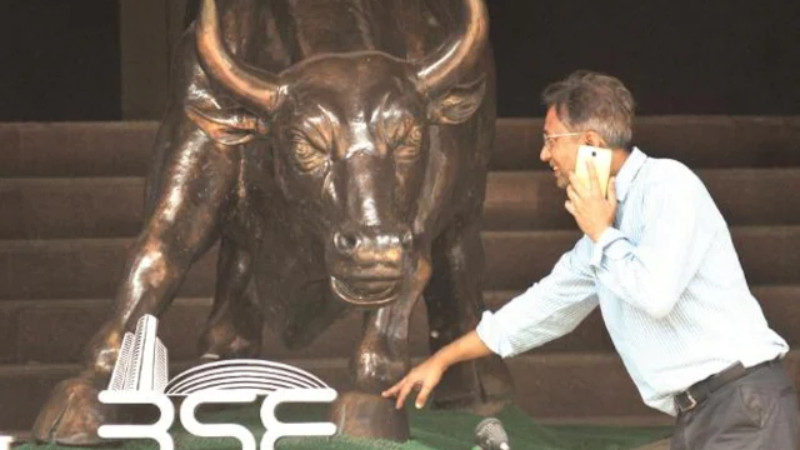
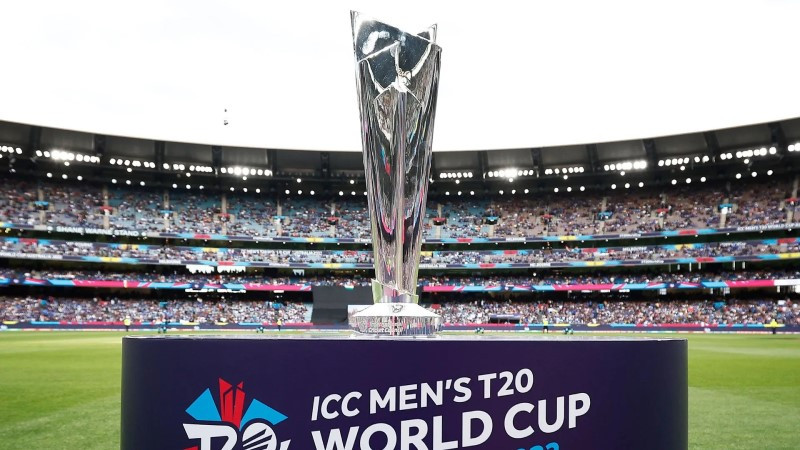
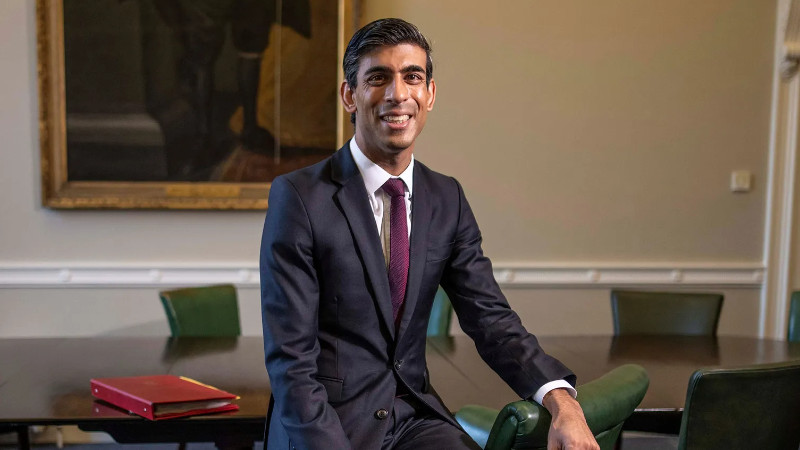
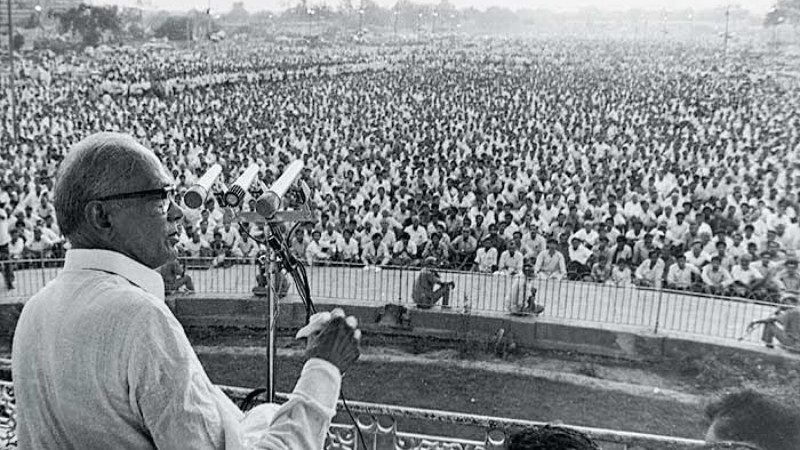
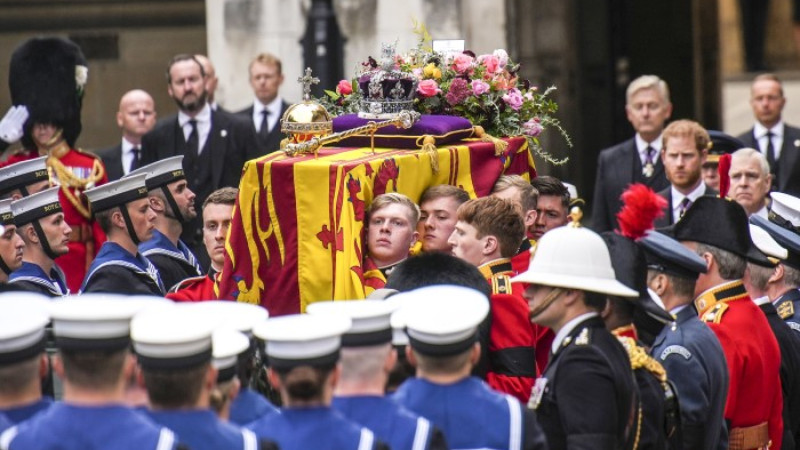
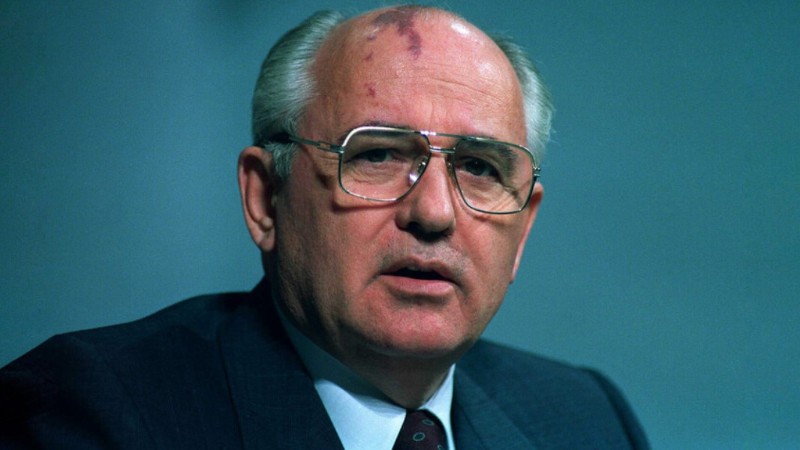
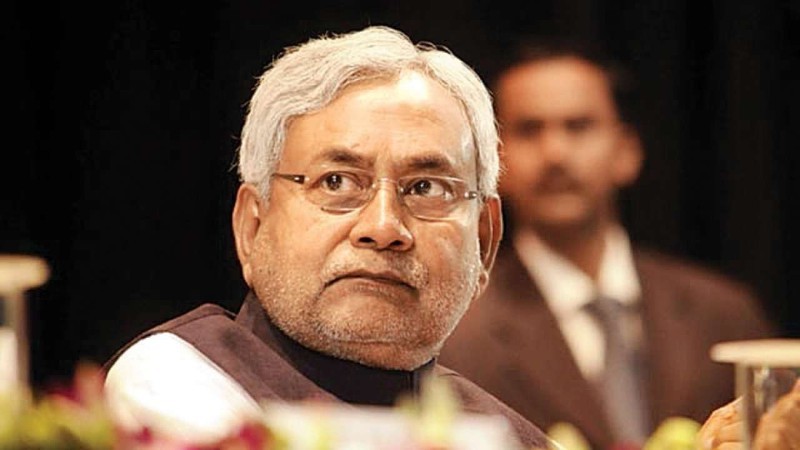
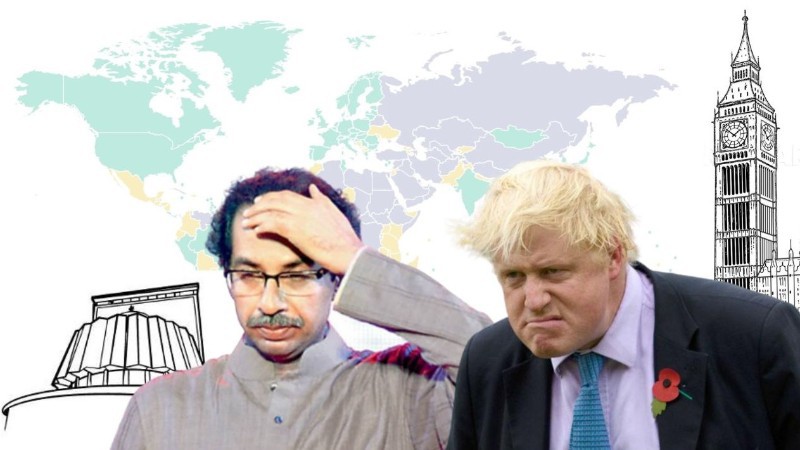

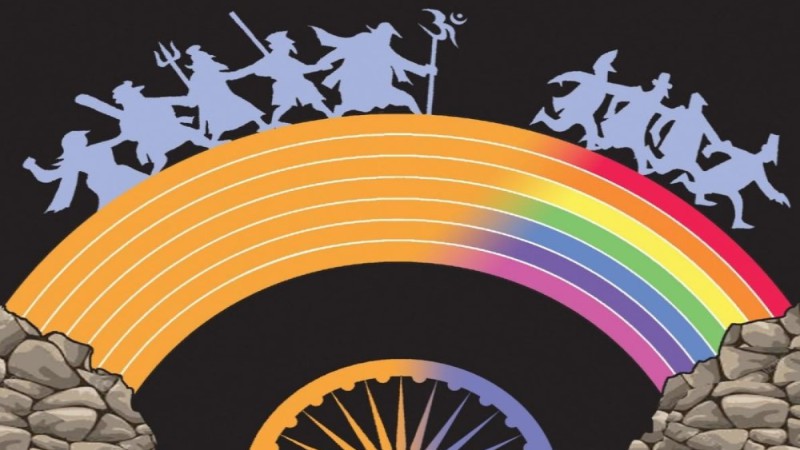
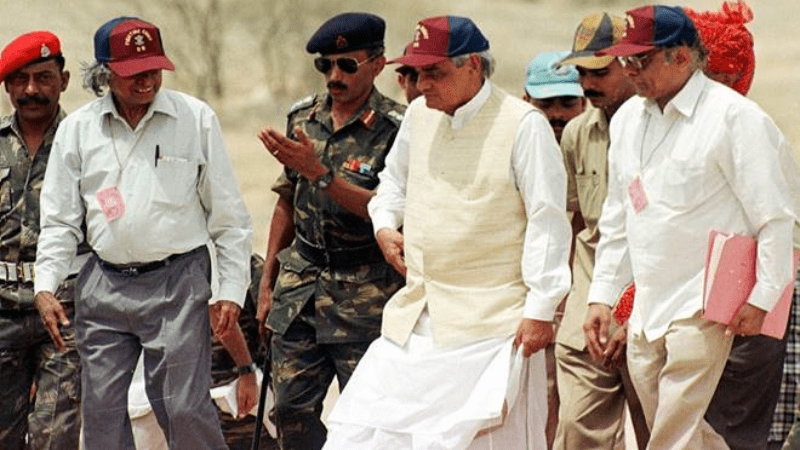
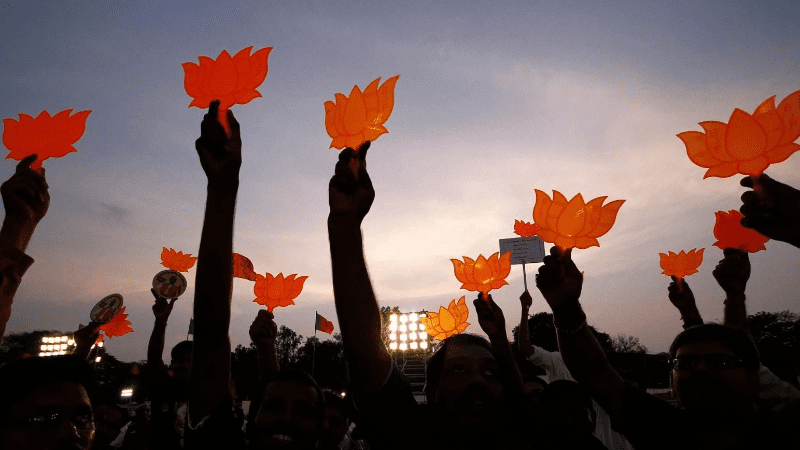
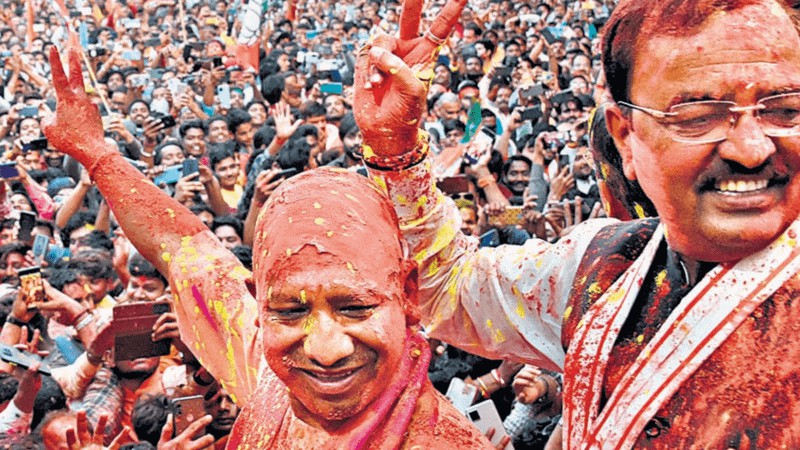
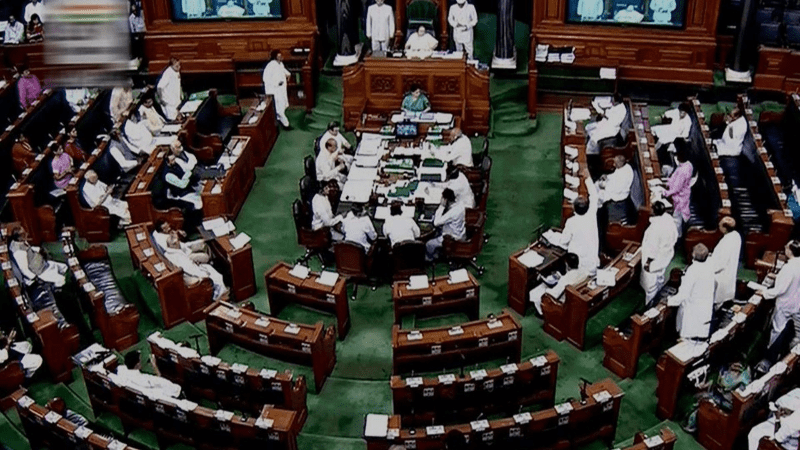
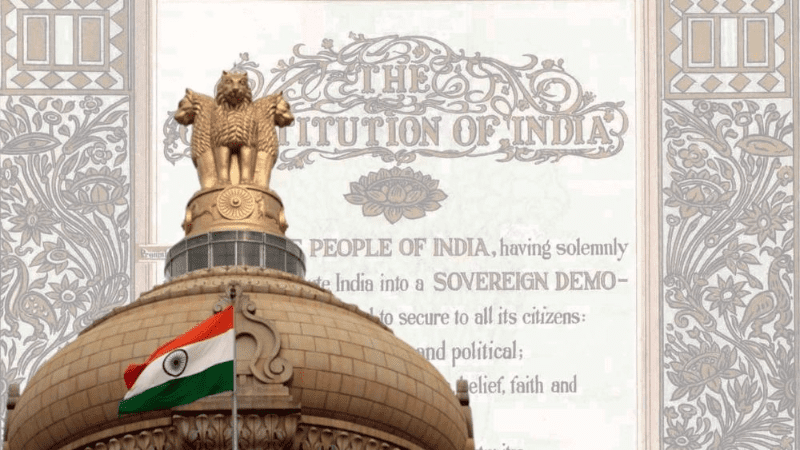
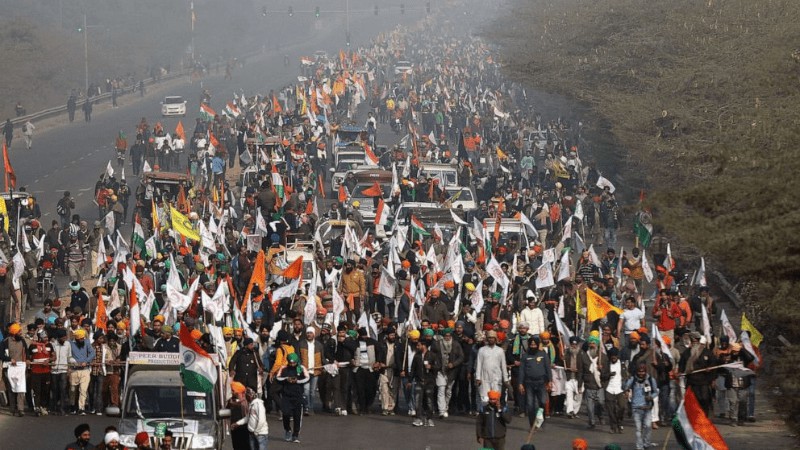
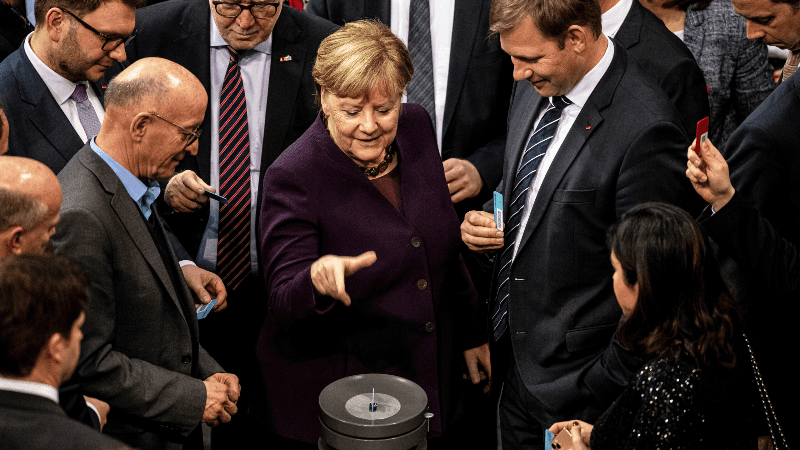
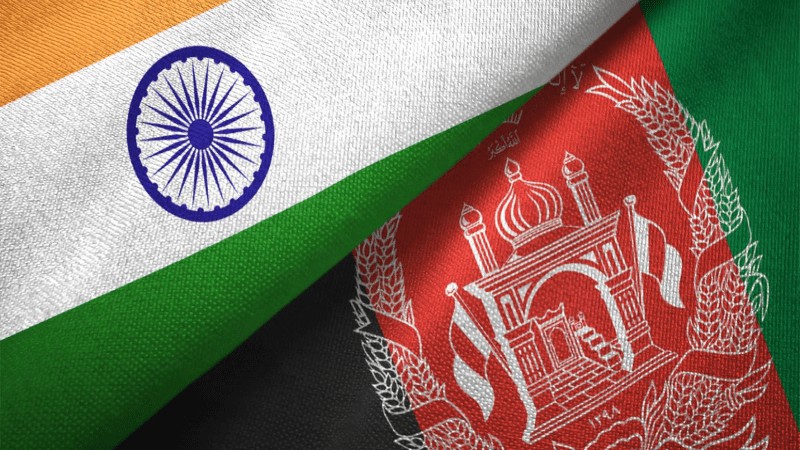
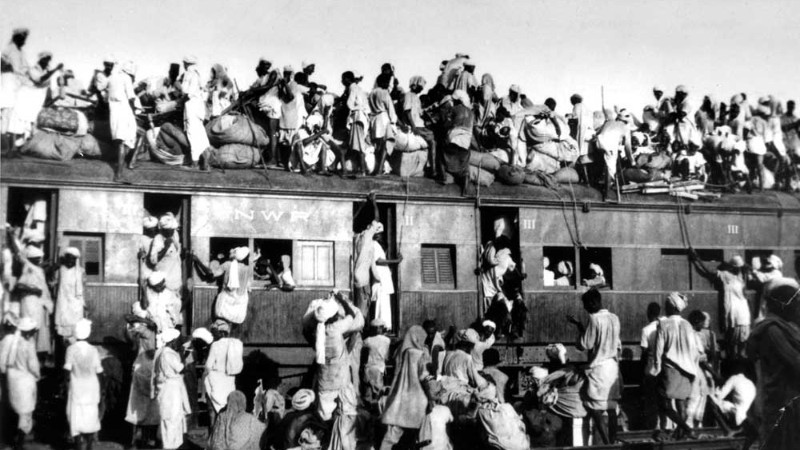
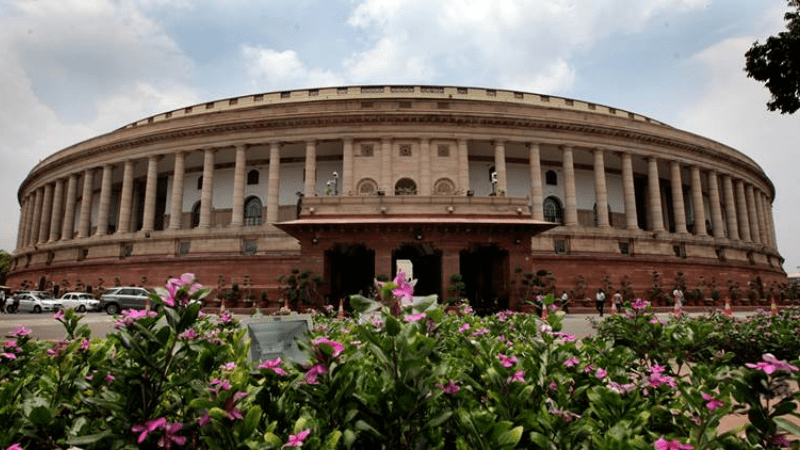
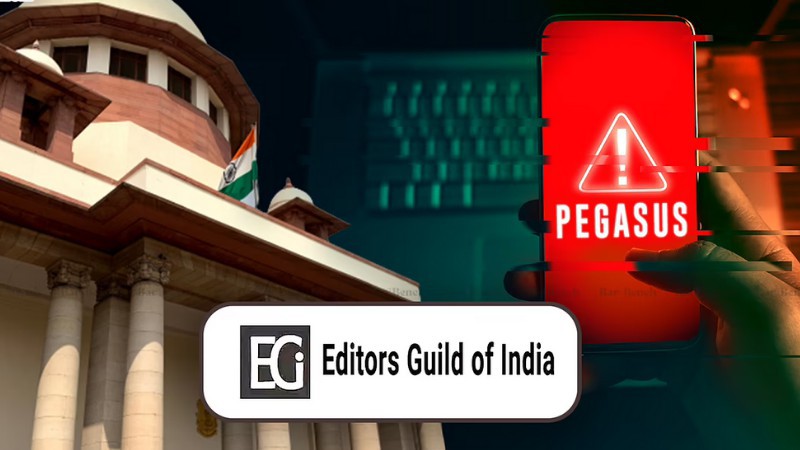
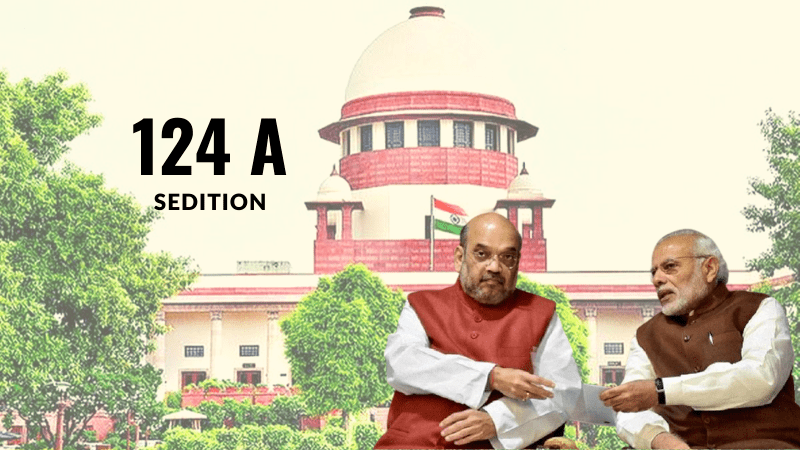
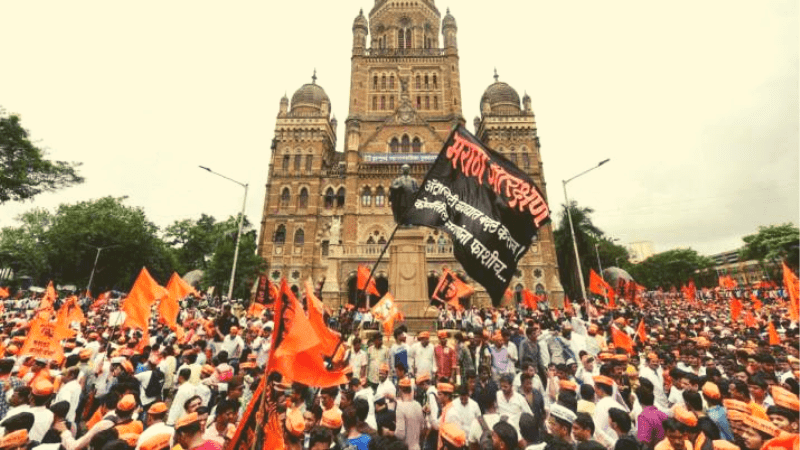
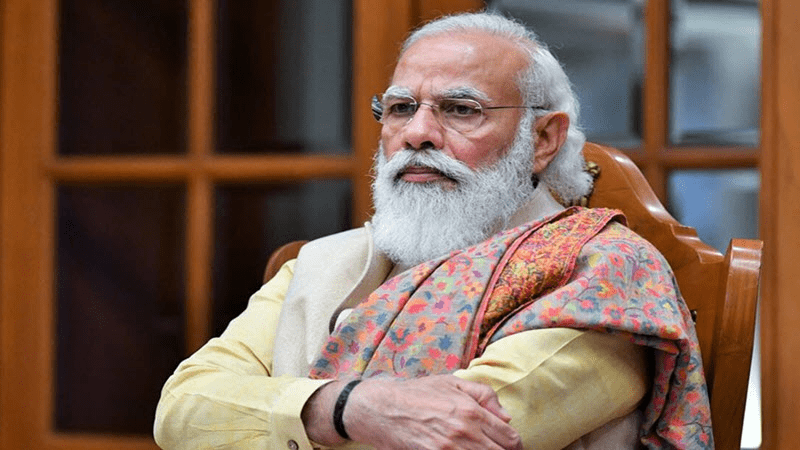
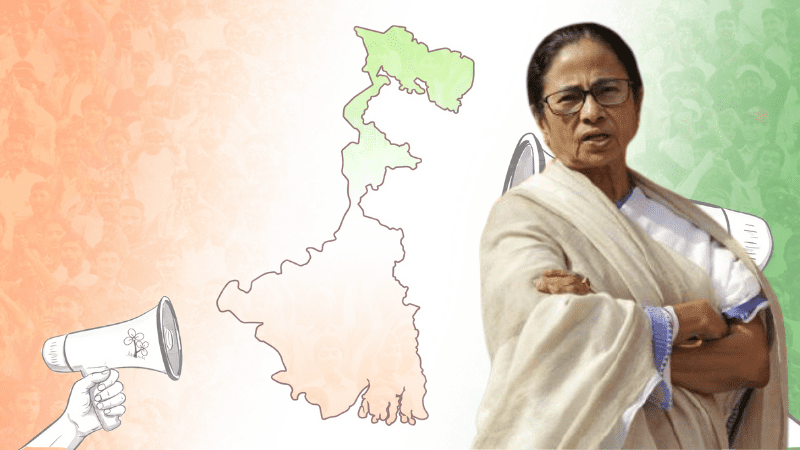
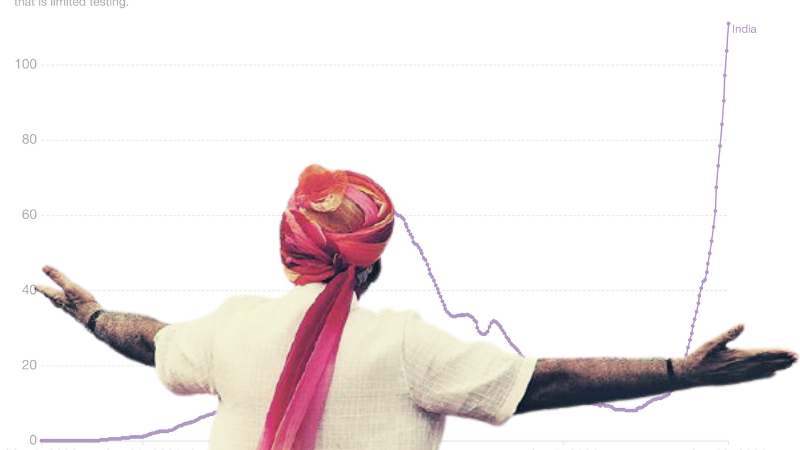
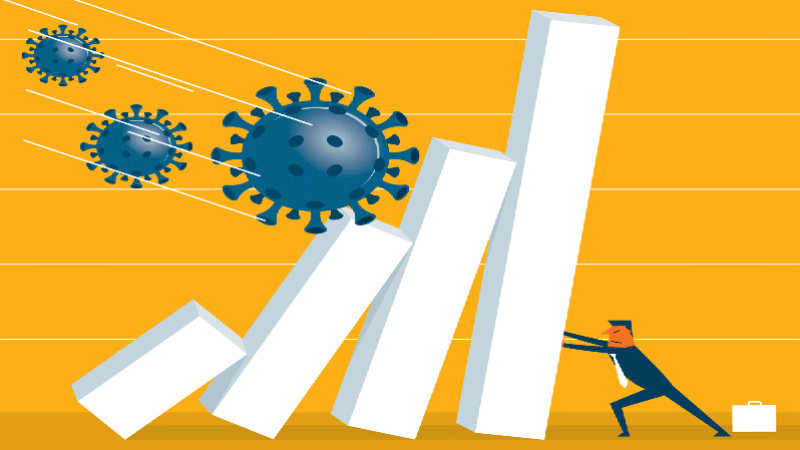


























Add Comment